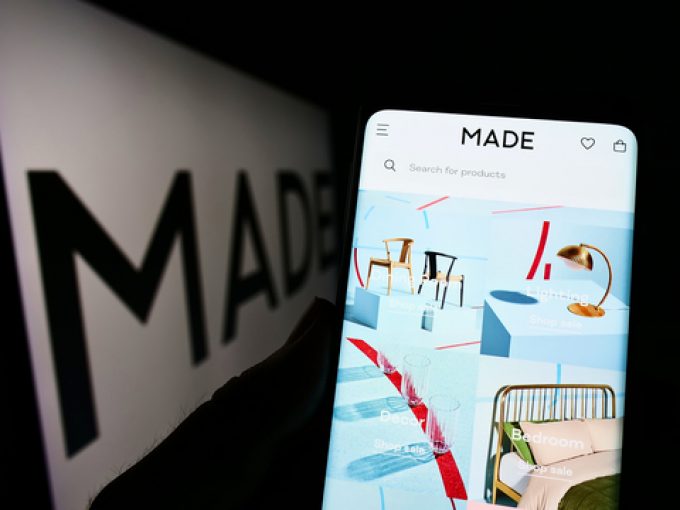Weak demand and slimmer retail margins eat into airfreight spend
Concerns over excess inventories at retailers are misplaced: the real issue is weak demand and ...

The logistics challenges of the past two years look likely to have forced the doors of yet another retailer to close.
Made.com, a UK digital furniture retailer, appears to have succumbed to “freight inflationary pressures” and looks set to close, despite a £775m ($896m) IPO just ...

Comment on this article